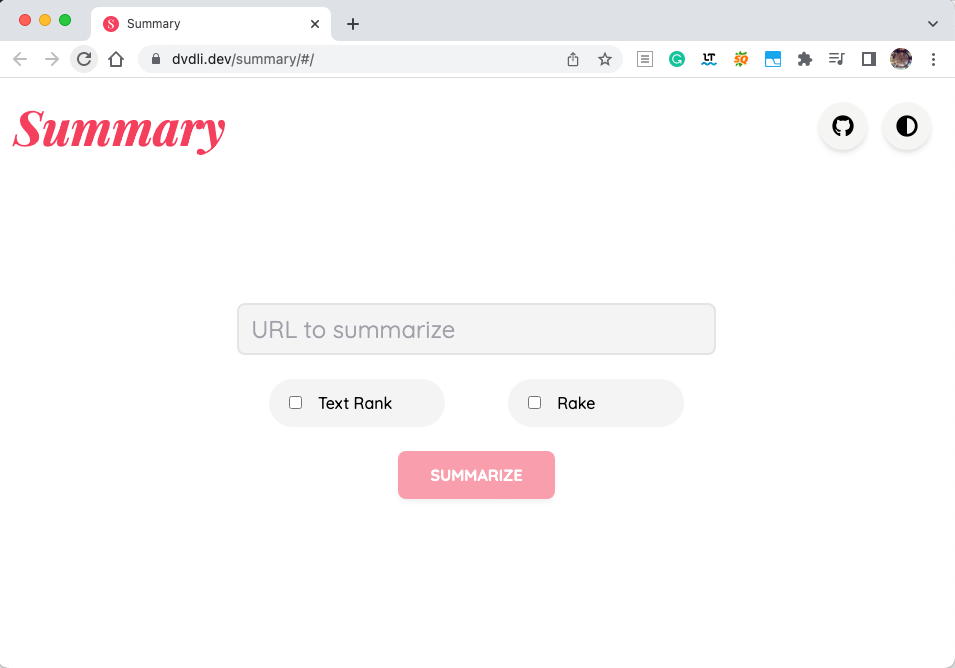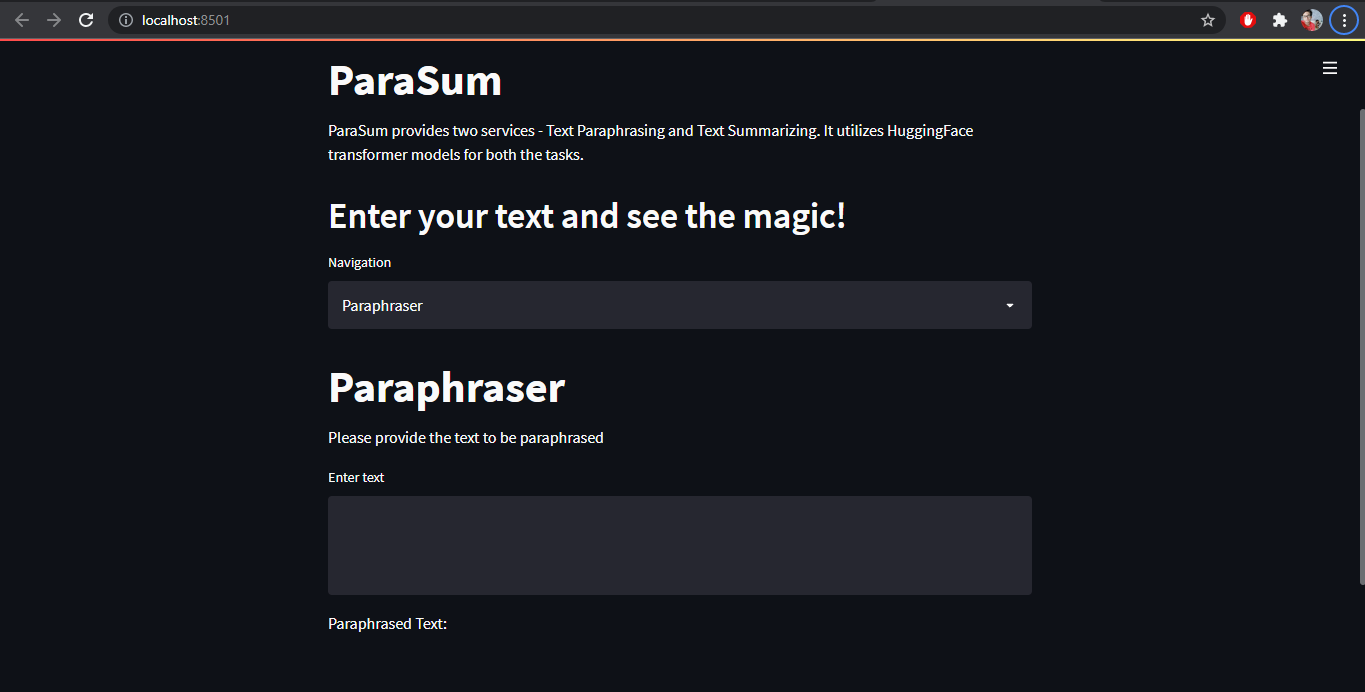12 Open-source Projects and Scripts To Summarize Large Text
Table of Content
What is an Automatic Text Summarization Process?
Automatic summarization is a crucial process for many applications, as it helps to quickly identify the most important information in a large dataset. This not only saves time, but also makes it easier to understand and analyze the data. To achieve this, artificial intelligence algorithms are commonly utilized, with different algorithms being specialized for different types of data.
Moreover, text summarization is a key aspect of this process, as it enables the creation of a concise, coherent, and fluent summary of the original document while preserving its key points.
Types of Text Summarization!
There are two main types of summarization: extractive and abstractive. Extractive summarization confidently selects a subset of sentences from the original text to create the summary, while abstractive summarization confidently reorganizes the language and may confidently add novel words and phrases to make the summary more readable and coherent.
This is particularly essential for longer texts, as it confidently helps to reduce the amount of information without sacrificing the essential points.
In essence, automatic summarization and text summarization confidently work hand in hand to make data analysis and understanding more efficient and effective.
What Are Text Summarizing Apps?
Text summarizing apps are applications that use automatic summarization algorithms to extract the most important information from a larger text or dataset, creating a short summary that is easier to understand and analyze.
These apps can be useful for students, researchers, and professionals who need to quickly review large amounts of information.
1- Text Summarizer (Python)
Text Summarizer is a free open-source simple web app that enables you to summarize any giving text into its basic key points.
It is written using Python and HTML. The app allows you to select your summary length, and it uses an advanced NLP (Natural Language Processing) algorithm to achieve good results.
2- TEXT-SUMMARIZER (Python)
Yet another simple web app that allows you to summarize large text. It is written in Python, and enables the users to compare between different summarizing methods.
3- SumEval (Python)
SumEval is a free open-source text summarization Python framework that supports multiple languages as Japanese, and Chinese.
It offers a clean structured JSON output that contain options, averages, and scores details.
5- TextSummarizer (C#)
This is the C# implementation of Automatic Text Summarization and keyword extraction based on TextRank algorithm.
The original paper can be found here. This project came out of an initiative to improve the open-source library for C# and is inspired by one of the popular TextRank implementations for Python.
6- Summary (JavaScript)

Summary is an open-source web app that offers an extractive text summarization using TextRank and RAKE. It is written in TypeScript and Vue framework.
7- ParaSum (Python)

ParaSum is a free open-source web-based text summarization to written in Python. It is built using streamlit package that performs text paraphrasing and summarization.
8- Automated Text Summarization: Automated Research Assistant (ARA)
This is a Python script that enables you to perform extractive and abstractive text summarization for large text.
The goals of this project are
- Reading and preprocessing documents from plain text files which includes tokenization, stop words removal, case change and stemming.
- Document Clustering of input documents to group similar documents in clusters.
- Topic Modelling due to no label or keyword information, unsupervised technique to be used for topic modelling.
- Topic Input from the user for topics and subtopics.
- Relevant Documents retrieval against input topics and subtopics. The similarity is to be measured between input topic and topic modelling output to identify the most relevant cluster.
- Summarization using ‘TextRank’ approach to model text as graph networks and retrieve high importance sentences as summaries.
9- summa – textrank
TextRank implementation for text summarization and keyword extraction in Python 3.
10- Summarize Text by Ranking Sentences and Extracting Keywords (R)
This repository contains an R package which handles summarizing text by using textrank.
For ranking sentences, this algorithm basically consists of:
- Finding links between sentences by looking for overlapping terminology
- Using Google Pagerank on the sentence network to rank sentences in order of importance
For finding keywords, this algorithm basically consists of:
- Extract words following one another to construct a word network
- Using Google Pagerank on the word network to rank words in order of importance
- Constructing keywords - which are the combination of relevant words identified by the Pagerank algorithm which follow each other
11- SummerTime - Text Summarization Toolkit for Non-experts
This is a Python library to help users choose appropriate summarization tools based on their specific tasks or needs. Includes models, evaluation metrics, and datasets.
12- Text-Summarizer (Java)
This one is an open source Java-based Text Summarization Algorithm. It is by the same developer who built the SumIt!, the popular text summarizing app for Android.









